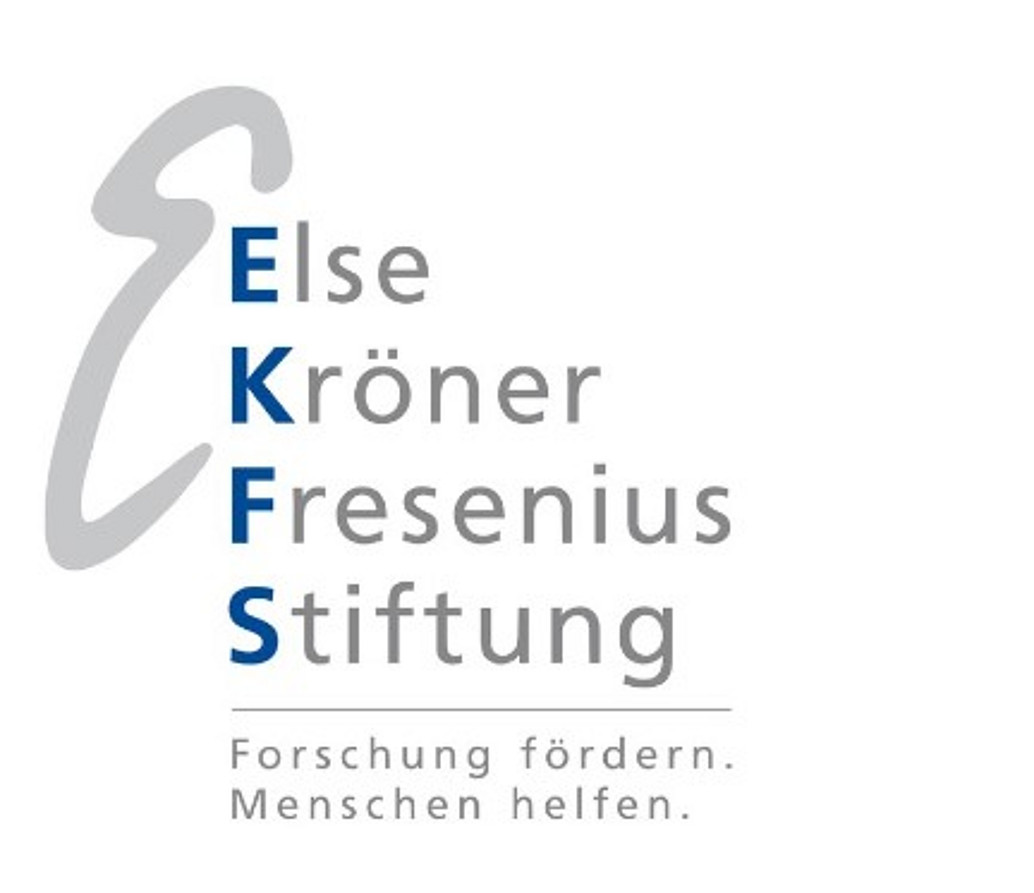Fellows
Christoph Hieber & Dr. med. Henner Stege (both Dept. of Dermatology)


Personalized melanoma therapy by combined treatment with epigenetic inhibitors (EPI) and mRNA nano-vaccines encoding EPI-induced neoantigens
This project seeks to develop a personalized melanoma therapy by combining epigenetic inhibitors (EPIs) with mRNA nano-vaccines. EPIs boost the expression of tumor-specific neoantigens and activate immune responses, making tumors easier for T cells to recognize. The mRNA vaccines are designed to target these neoantigens, effectively stimulating T cells to fight the cancer. This strategy is being tested in both mouse models and human samples, with the aim of enhancing cancer treatments and integrating with existing therapies like BRAF/MEK inhibitors and immune checkpoint inhibitors.
Myriam Meineck & Dr. med. Paul Claßen (both Dept. of Internal Medicine I)


Targeting type I/III IFN-signaling as RNA mediated therapeutic approach for SLE
The aim of the research project is to develop innovative RNA-based therapeutic strategies for the treatment of systemic lupus erythematosus (SLE). Since interferons play a central role in the pathogenesis of SLE, various RNA-based approaches will be designed to selectively reduce type I/III interferon signaling. This could have a beneficial impact on the progression of SLE. In addition to using murine models, the research will also focus on human kidney cells derived from urine samples of SLE patients.
Dr. rer. nat. Karl-Heinz Tomaszowski (TRON) & Dr. med. Christoph Eckert (Institute of Pathology)


Metabolic re-programming of neo-antigen TCR T cells (METRO)
The project proposed by Dr. Karl-Heinz Tomaszowski and Dr. Christoph Eckert focuses on ex-vivo manipulation of T cells via metabolic reprogramming. The project benefits of the mRNA technology to overexpress metabolic (factors and) regulators in T cells aiming to enhance survival, differentiation and function of neoantigen-TCR specific transduced T cells (neoTCR-T cells) during ex vivo cultivation. Metabolically boosted neoTCR-T cells will be adoptively transferred in tumor bearing mice and analyzed for their therapeutic cytotoxic anti-tumor outcome.
Dr. rer. nat. Natalia Truong-Andrievici (Institute for Immunology) & Dr. med. Maximilian Haist (Dept. of Dermatology)


RNA-based therapeutic strategies to tackle acidification-dependent macrophage functional polarization
Our project proposes RNA-based therapeutic strategies to counteract immune evasion of high glycolytic tumors. Aggressive tumors rely on glycolytic metabolism, leading to a highly acidic tumor microenvironment (TME). Tumor-associated macrophages (TAM) respond to this acidity through the G-protein-coupled receptor 65 (GPR65), activating the cAMP-signaling pathway, which promotes an anti-inflammatory TAM phenotype. Developing mRNA-based interventions, key components of this pathway will be selectively targeted using mRNA-based interventions with the aim to disrupt tumor immune evasion. Our strategies will be investigated on human melanoma biopsies, tumor spheroids and mRNA-transfected tumor mouse models.

